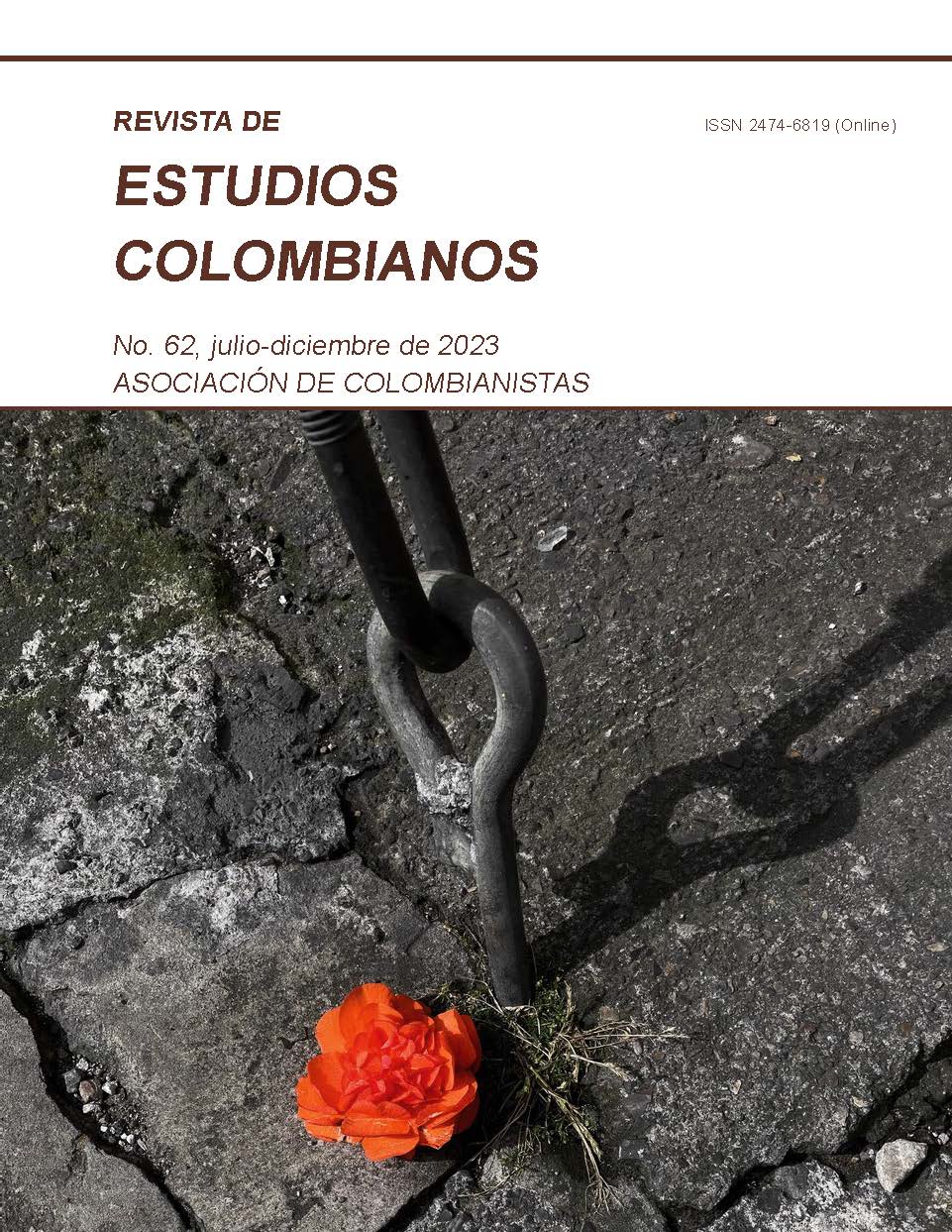Cuando los pájaros no cantaban: Human and Non-Human Affective Communities in Colombia's Transitional Scenario
Main Article Content
Abstract
This article contends that, within "Cuando los pájaros no cantaban: historias del conflicto armado en Colombia," a testimonial volume featured in the Colombian Truth Commission's Final Report (2022), the reader witnesses the formation of an affective community comprising both human and non-human elements. It posits that this community, owing to the profound affective and emotional resonance inherent in it, merits interpretation as an endeavor to compose the narrative of a nation. Amidst its grieving phase, this narrative reveals the country's capacity to envision the collaborative shaping of alternative and hopeful futures.
Article Details
Issue
Section
Articles
